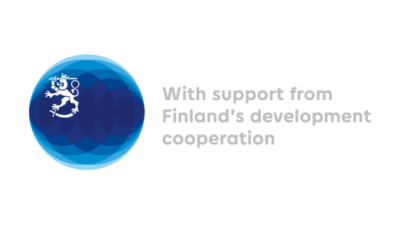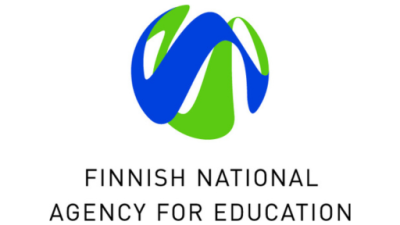Project
Higher Education Pedagogies for Teacher Education (HEP-TED) Project Document
Project sponsors

The Higher Education Pedagogies for Teacher Education (HEP-TED) project, spanning from January 2024 to August 2026, aims to develop and strengthen the capacity of Rwandan higher education institutions (HEIs). In response to Rwanda's 'Vision 2050' and the National Strategy for Transformation 2017–2024, the project focuses on quality teacher education for general and technical/vocational education, addressing needs identified through a joint assessment.
HEP-TED envisions three outcomes:
- enhanced
management capacities within HEIs, - improved teacher education quality, and
- strengthened cross-institutional collaboration.
To achieve these goals, the
project supports the development of internal quality assurance mechanisms,
training educators in competence-based curricula and inclusive pedagogies, as
well as fostering collaboration among Rwandan and Finnish HEIs. Activities
include curriculum renewal, pedagogical training to enhance competence-based
approaches, digital learning, learning design, and inclusive pedagogies. Cross-institutional
learning opportunities are created through joint project management, mutual visits and trainings.
Outcomes and outputs
Two critical areas were identified as stepping stones of qualityteacher education:
1) management and quality assurance (outcome 1), and 2)
pedagogical development (outcome 2).These two areas cut across the two Rwandan HEIs, and the four Finnish HEIs. It is assumed that through cross-institutional development work (i.e., joint training, sharing of expertise and knowledge between HEIs as well as regionally/internationally) learning and change are more likely to take place. In this way, the expertise within the institutions can be better used, and it will motivate collaboration. In order to facilitate cross-institutional collaboration it is necessary to strengthen and build capacities for continuous learning and pedagogical development. This is addressed through activities and outputs related to the third outcome 3)strengthened capacities for cross-institutional collaboration (outcome 3).
Project outputs contributing to the above three outcomes.
- Development of collegial and individual quality practices
- Improved HEI responsiveness to regional and economic development
- Inclusive approaches in higher education management and programme design and implementation
- Institutional management and quality assurance training for the teachers
- Use of diversified pedagogies for digital learning in teacher education
- Innovative approaches and solutions co-created for higher education pedagogy in teacher education
- Diversified theory-practice connections in higher education through industrial engagement and school attachment
- Capacities for developing institutional partnerships for greater impact in education development


